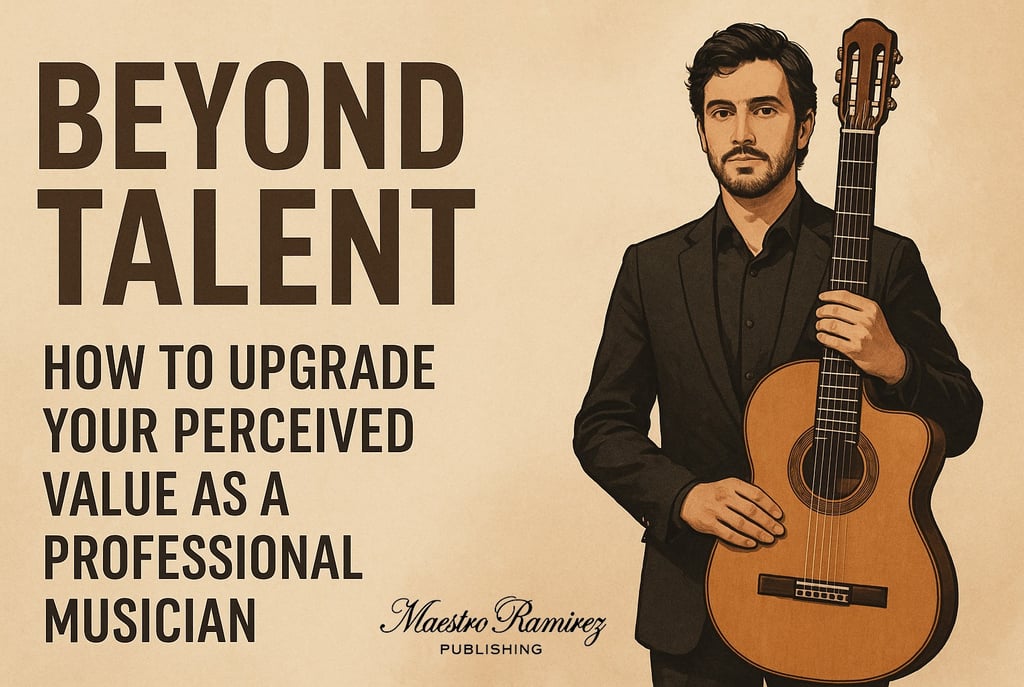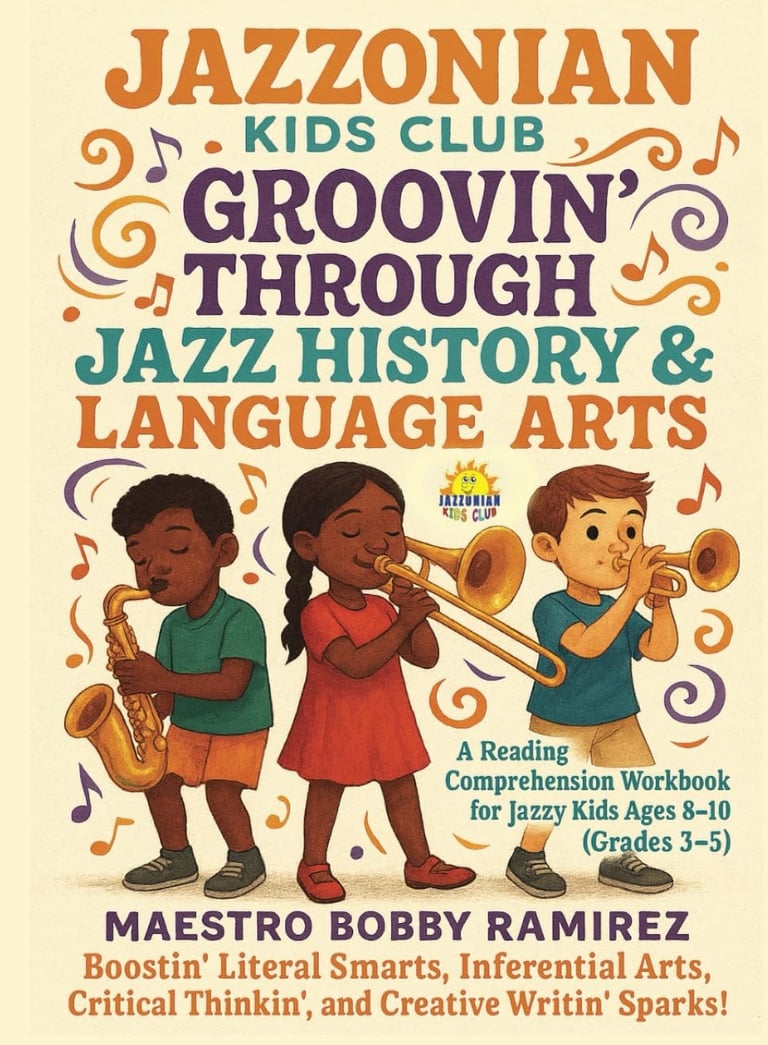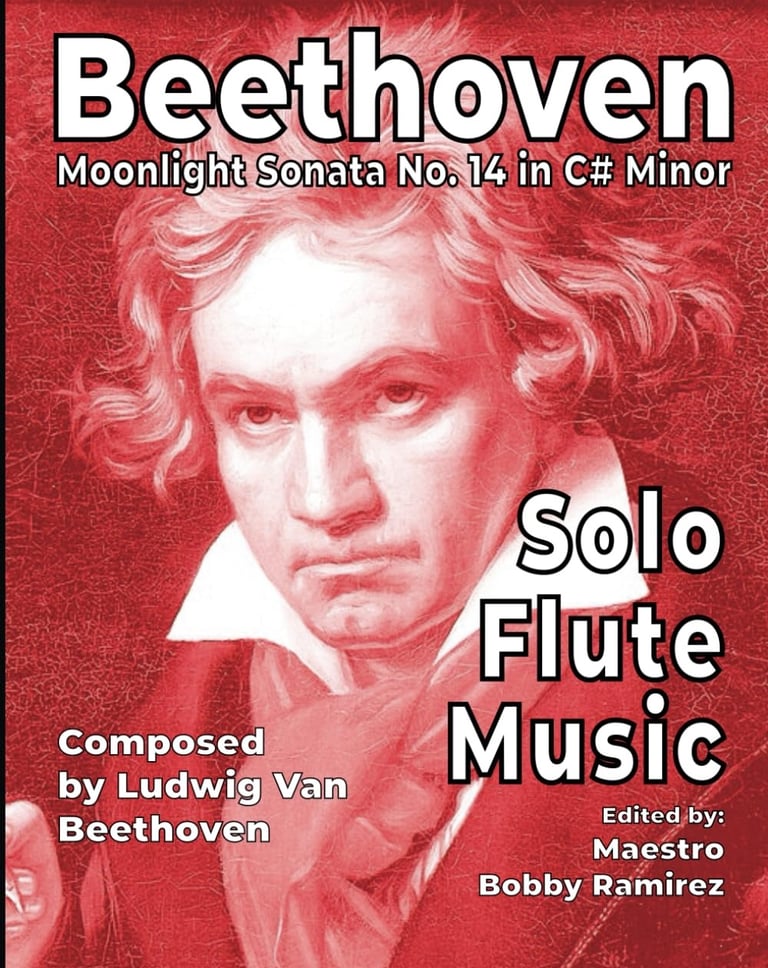Beyond Talent: How to Upgrade Your Perceived Value as a Professional Musician
In the world of music, talent opens doors—but it’s not the only key to unlocking success. Time and time again, incredibly talented musicians find themselves being asked to perform for “exposure”—gigs with no financial compensation.
Maestro Ramirez Publishing
6/5/20254 min read


Beyond Talent: How to Upgrade Your Perceived Value as a Professional Musician
In the world of music, talent opens doors—but it’s not the only key to unlocking success. Time and time again, incredibly talented musicians find themselves being asked to perform for “exposure”—gigs with no financial compensation. While this can feel insulting, the truth is often deeper than it appears. These unpaid offers are not always a reflection of your skill level. More often, they reflect how you are perceived in the marketplace.
You Sound Amazing, But Do You Look the Part?
Many musicians focus so much on practicing and refining their musical craft that they forget something just as important: your image and professionalism. You may play at an extraordinary level, but if you dress like you're heading to a casual get-together, or your stage presence is non-existent, you're sending the wrong message. Add to that a messy or nonexistent website, disorganized social media, and little-to-no marketing strategy, and it’s easy to understand why a potential client might not be willing to invest in you.
If you project little value to a client, what do you expect is going to happen? In business, perception often equals reality. The music business is more than just playing notes—it’s about selling an experience, a brand, and a result.
What Are “Exposure” Gigs, Really?
Let’s break it down. An “exposure” gig is a performance opportunity where you are asked to play for free—with the idea that your music will be heard by potential clients or an audience that could lead to future opportunities. For professional musicians, this often feels like a bad deal.
But not all exposure gigs are created equal.
Instead of immediately dismissing these opportunities, pause to ask yourself a few smart questions:
Who will be in the audience?
Will there be media coverage?
Can you get quality photos or video content from the event?
Will this give you access to a new market?
Can this performance help you build credibility or authority in your genre?
Value Comes in Many Forms
To make smart business decisions, musicians need to understand value—and that value has many layers.
Self-Value: What you believe you're worth based on your talent, training, and experience. This is important—but remember, it's not the only metric that matters.
Consumer Value: What your potential client believes you're worth. This is often based on how you present yourself, your professionalism, and your perceived results.
Market Value: The average going rate for similar musicians in your area or genre. Are you in line with market standards? Are you providing more—or less—than competitors?
Perceived Value: The most important of all. This is how others see your brand and service. It’s based on your image, your packaging, and your ability to communicate value clearly.
Even exposure gigs have value—if you know how to create and extract it. For instance:
You could turn the gig into a high-quality video shoot.
You could collect audience emails or gain social media followers.
You might connect with a new event planner or potential clients.
You could treat it as content creation for your portfolio.
If you can identify the strategic value, it’s no longer just free labor—it’s an investment in your career.
The Professional Musician is Always Investing
Real musicians—those who treat their career like a business—know that investing in yourself is constant. Whether it’s buying new gear, hiring a photographer, taking a branding course, or playing a strategically chosen gig for free, career-minded musicians never stop building.
Here’s the truth: People pay for value they can see.
How to Upgrade Your Perceived Value in the Music Business
If you want to be paid what you're worth, you need to look worth it. Here are actionable steps:
1. Curate a Professional Image
Dress like you're on stage—even off stage.
Get professional photos taken in performance attire.
Develop a consistent visual brand (colors, fonts, look).
2. Build a Clean, Functional Website
Include a bio, photos, sample videos, and a contact form.
Highlight testimonials and past performances.
Make sure it looks good on mobile.
3. Polish Your Social Media
Keep personal and professional content separate.
Post regularly about your music journey, not just gigs.
Use high-quality photos and engaging captions.
4. Create Performance Media
Film your best live moments or rehearsals.
Use these clips to showcase your skills, vibe, and professionalism.
5. Leverage Every Gig
Collect emails or add people to a newsletter list.
Pass out cards or digital QR codes.
Connect with fellow performers and audience members.
6. Know Your Value in the Marketplace
Research what others in your niche and area are charging.
Create packages (solo, duo, full band) with clear pricing.
Always be ready to explain what a client gets when they hire you.
7. Always Think Long-Term
Not every gig is about cash up front—some are about networking, media, and brand-building.
Learn to say yes strategically—and no respectfully.
If you're serious about making a living in music, you must think beyond the instrument. Being “amazing” isn’t enough if no one sees you as amazing. The music industry rewards those who create value and know how to present it professionally.
So the next time someone offers you an “exposure” gig, don’t immediately scoff—analyze. Ask, “How can I make this performance work for me?” Then make a decision from a place of power, not pride.
Your music is a business. And like any business, success depends not just on talent—but on strategy, presentation, and professionalism.
#BeyondTheNotes #MusicBiographies #MusicianInspiration #JazzLegends #RockAndRollIcons #BooksForMusicians #ReadToInspire #CreativeJourney #MusicEducation #MusicalGenius #ArtistsLife #PrinceMemoir #MilesDavis #ArethaFranklin #DizzyGillespie #Beethoven #KeithRichards #RitmoCityReads #MusiciansOfInfluence
Maestro Ramirez Publishing
Explore our collection of captivating published works.
Contact:
© 2025. All rights reserved.
Email:








